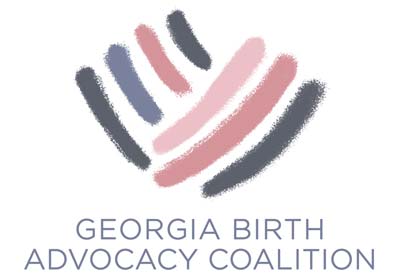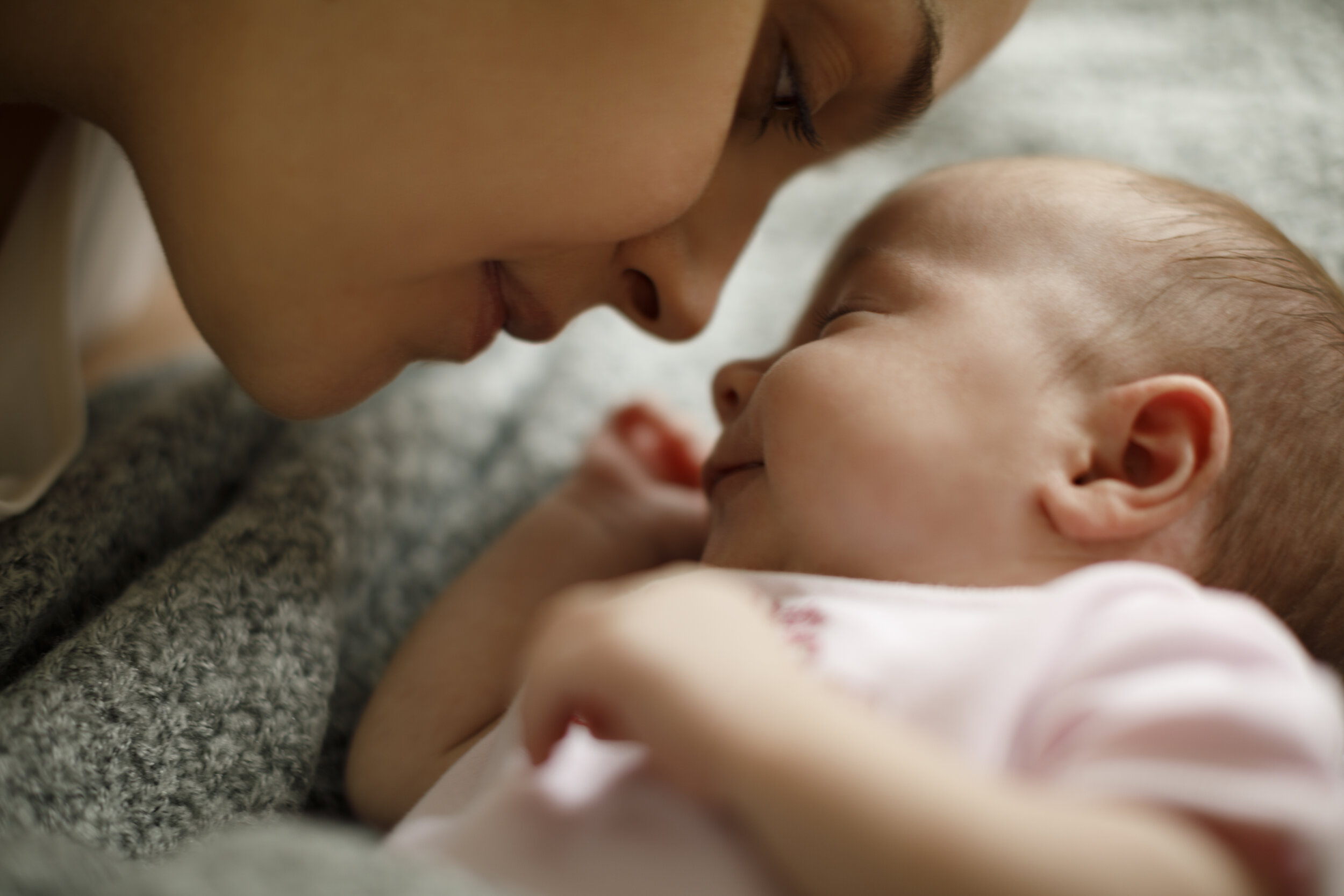9 Ways COVID Separation Rules Undermine Public Health
The COVID-19 pandemic has already torn hundreds of thousands of families apart. But thanks to hospital policies separating parents from babies, and sometimes from one another, many are suffering from an entirely preventable form of trauma. These rules do not prevent the spread of a deadly pandemic, and in some cases, they may even accelerate it. Here’s why these traumatic, abusive measures run counter to public health.
Separations are not Evidence-Based
Most major organizations do not recommend separating COVID-positive mothers from their babies, and none recommend separating partners during childbirth. The American Academy of Pediatrics and World Health Organization both say that infants should stay with their COVID-positive mothers. WHO continues to advise immediate initiation of breastfeeding.
Even organization that recommends infant-mother separations emphasize that these separations should only occur with the mother’s consent. CDC, for example, advises a discussion about the benefits and risks of separation, and says separation should only occur if the mother consents.
This means that hospitals forcing separations have adopted a policy that no evidence supports, in spite of compelling research suggesting potentially life-long harm. They’re choosing a high-risk strategy that confers no reward.
Increased Contact With Potentially Exposed Health Workers
When babies are separated from their mothers in the hospital, this usually means they transfer to a nursery or neonatal intensive care unit. While there, they will have ongoing contact with some of the highest risk individuals—healthcare workers. Healthcare workers are 12 times more likely than those in the general public to contract COVID. Maternity ward medical staff routinely interact with parents who have COVID, as well as emergency department and ICU team members who may be treating people with the most serious cases of the disease. They present a much higher risk of infection because there are numerous potential points of exposure.
A Higher Risk of Postpartum Mental Health Issues
It’s too early in the pandemic to know exactly how it is affecting maternal mental health. CDC has already sounded alarm bells about social distancing measures increasing the risk of postpartum depression. Other research suggests that social factors such as isolation and lack of support are key predictors of postpartum mental health issues. One recent study found that about 20 percent of mothers whose babies are admitted to the NICU experience postpartum depression. That’s roughly double the usual rate. The rate may be even higher when healthy babies are forcibly removed from their mothers, or when the birth experience is traumatic. In normal times, 16 percent of mothers have symptoms of PTSD after childbirth.
More Breastfeeding Difficulties
Separating the mother from the baby makes breastfeeding extremely difficult. And in most cases, hospitals that force separation also force the mother not to breastfeed. It is safe to breastfeed if you have COVID, and breastmilk remains the safest option in any emergency, including a pandemic. The benefits of breastfeeding last a lifetime for mothers. Breastmilk may help protect the most vulnerable babies from infections, and could even strengthen a baby’s immune system against the virus.
Overburdening the Health System
Babies separated from their mothers need someone else to take care of them. That often means tapping an already overworked neonatal nurse whose time could be better spent caring for babies who actually need it—not those forcibly separated from their mothers for no reason.
Likewise, when hospitals ban birth support, someone has to fill the gap. Women may need more time with nurses and nurse’s assistants, call on their doctors more, and need additional postpartum mental health support when denied birth support. The health system is already grossly overtaxed, with many hospitals filled to the brim with COVID patients. Compulsory separations only exacerbate the problem.
Increased Conflict Between Families and Providers
Forced separations are inherently stressful. They promote distrust between families and their providers. This makes it less likely that families will call upon their providers for help. It may also waste significant provider time. All of this conflict comes at an immense cost, but with no clear benefit. It’s a waste of everyone’s time, energy, and stress. Hospitals and providers are fighting hard to do something that harms their patients by any objective measure.
Wasting Resources in the Child Protective System
A hospital cannot take a child without their parent’s permission. That would be kidnapping. What they can do is threaten to involve child protective services (which is called DFCS in Georgia). A DFCS worker must then investigate the case. This exposes them to a person infected or potentially infected with COVID, and wastes time and resources they could use to investigate cases of real child abuse. DFCS is already incredibly burdened. Some children have even died because DFCS workers didn’t have time for their cases. To add to this burden is grossly irresponsible and dangerous.
Infant Trauma
Separating a baby from their parents is objectively traumatic, and runs counter to every evolved instinct and drive the baby has. Infant trauma is linked to speech delays, trouble in school, behavior problems, developmental delays, health issues, and more. A number of recent studies suggest that NICU stays can be immensely traumatic to babies. This trauma is a necessary one, that offers a chance at life. COVID-related separations traumatize babies for no reason at all.
An Increase in Obstetric Violence and Negative Birth Outcomes
Ninety percent of people who give birth receive at least one medically unnecessary intervention. Sixteen percent describe their births as traumatic. Twenty-eight percent report being abused by medical staff during childbirth. When women are forced to give birth without partners or doulas, obstetric abuse is bound to skyrocket, especially for the most vulnerable women. This can be lethal. Indeed, it may already have been. Amber Isaac died alone in a New York hospital, shortly after tweeting a complaint about her care.
Families have a right to make decisions about their children. To learn more about your birthing rights during COVID-19, check out this blog post, or review program materials from our recent Know Your Rights seminar.

